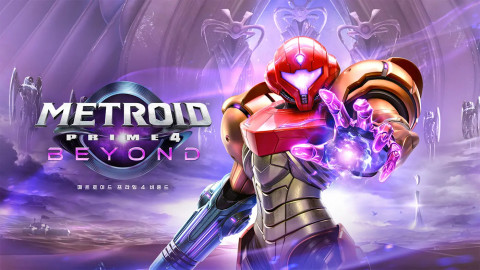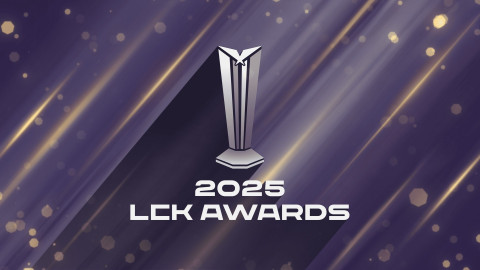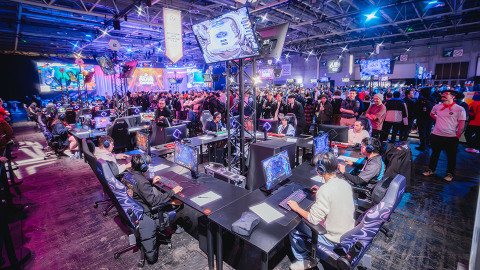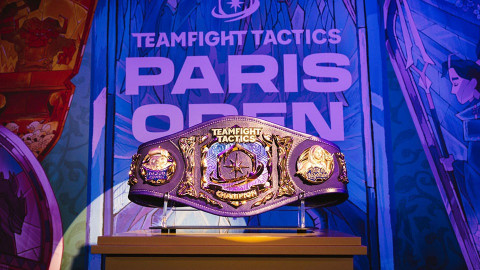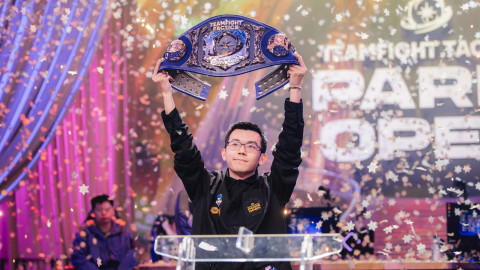All answers credited to Ariel Horn, Global Executive Producer, Riot Games
Ever wondered what really goes on during League of Legends broadcasts? Who is in charge behind the scene so you can see the Elder Dragon that we all saw at Worlds?
On the 7th of June, Riot Games' Global Executive Producer, Ariel Horn, has agreed to answer some questions from InvenGlobal. With Riot being nice enough to provide those 'Behind the Scenes' videos, I have a feeling that the community loves and still wants more to know about their favorite game.
Asking questions that should be asked, InvenGlobal received a sneak peak into Ariel's journey as head of broadcasting for Riot and Riot's values.

Below are the responses,
¤ To start things off, could you please introduce yourself to the readers and briefly explain what you do?
My name is Ariel Horn, I am Global Executive Producer at Riot Games. I lead our League of Legends broadcast team globally, work with the regional producers and oversee the production of our international events, All-Star, MSI and Worlds.

¤ We are curious on what line of work you were into prior to joining Riot Games. In addition, we are also curious on what really drew you to working with Riot Games?
I originally thought I might be a doctor but fell in love with television broadcast as a Biology Major of all things in University. I worked for four years at our campus TV station and while finishing my BS in Biology decided to pursue a career in the broadcast industry. My parents were very puzzled by this decision but supportive nonetheless.
After doing some really crazy jobs, shredding newspaper for a pets show, selling picture frames, I was able to break into the industry in NYC, landing a production assistant job at NBC Sports. I worked in promotion, writing the scripts that the on-air talent would read at the shows for other sports. This job taught me a lot about detail orientation. If I got any facts wrong or had typographical errors it could be evident on air. Eventually, over years, I got a chance to produce my own products and bigger campaigns and was eventually an associate producer during our big Olympic Events.
I worked all the time with the most successful producers in the world and loved the time with NBC but in 2007 left to start my own company and look for the next generation of sports fans. I wasn’t sure what I would find to be honest but met some people at Blizzard in 2009 and signed up to produce their fledgeling BlizzCon esports stages that year. Even though the production back then left a lot to be desired, I fell in love with esports right away because the fans were so passionate and I thought I could make a big difference if I could bring my years of experience around broadcast and storytelling to this new form of sport.
After helping to grow BlizzCon esports through 2011, bringing in the era of TV trucks and professional cameras and technology, Blizzard decided to take 2012 off to focus on shipping their new games. In this off time, I met with some of the early esports leaders at Riot and was introduced to co-founders Brandon Beck and Marc Merrill. They had a vision for growing esports with leagues and big events around LoL. When I first saw League, I was really blown away by the tenets of sports in the moba genre. Teammates playing defined positions on a defined pitch, the concept of field position, power plays, climactic wins and loses that pivot on big plays, and so much more. I was just so impressed by Riot’s culture, their game and the opportunity they presented to support my vision for the future.

¤ While working with the broadcasting team at Riot Games, what were some of the crucial points for you? Also when you would want to present an important point to the audience, what were some of your steps into making that passion into reality?
I have always wanted to present esports like a legitimate traditional sport, but frame our decisions and features on the needs of the audience. Introducing professional cameras, including POV angles on the players really helped a lot. No longer could they hide behind the screens on the stage. This played a large role in building up their status as heros.
There have been sometimes when we wanted to tell the story that is unfolding on the stage and tech informed creative. One example, we were trying to get all 5 POV cameras lined up on screen in tech rehearsal and because we had gameplay on the screen it occured to me in that moment that it would be incredibly insightful to hear the teammates coordinating in a key game moment while seeing the result on screen during a replay. This ended up being a really critical storytelling mechanism.

¤ From all the amazing work you have been doing up till now, what is your proudest and fondest project or outcome? We also want to ask if there were any regretful or unfortunate moments.
We have had our share of success and failure. In 2012, our first season of Worlds with Riot, we had a major connectivity issue during the Quarterfinal match between Team WE and CLG EU that forced us to have multiple starts and stops and an eventual postponing of the broadcast at LA Live in Los Angeles. This was a tremendously humbling moment but we were still determined to make our players proud. The tech team miraculously built a local tournament realm in one week to avoid those internet issues for the future. The broadcast team also rebounded to put on a groundbreaking live event at Galen Center only days later, revealing the Summoner’s Cup for the first time and elevating the Final to a cultural event. At the end of the night, the Taipei Assassins claimed the World Championship from the favored Korean Azubu Frost and I feel this was much more than just another show but a defining moment in the trajectory of esports.
¤ Working in the broadcasting department, the most important project is arguably the finals. Compared to other regular broadcasts, is there any largely different aspects in delivering content to the viewers in the finals? For instance, it may be how the preparation is done, the mindset, the cost of operation, etc
For sure we look at Finals in a different way. That show, while 100% still a sports matchup catering primarily to our core players, has become greater than just another match. We like to think of it as a combination of Super Bowl, Olympic Opening Ceremony and FIFA World Cup Final. This is the biggest day of the year for League of Legends and we want to really instill a deep sense of validation for all players around the world that have supported LoL for so long. We want the local host region to feel proud of the content and overall we want to set up the final two teams as the gods of the sport that they are. So there ends up being a combination of prestige, hype and team allegiance that guide these bigger shows. They should be memorable and buzzworthy. If you end up talking about the Elder Dragon at the Bird’s Nest in ten years, we have succeeded.

¤ Have you ever referenced to other broadcasts, may it be a traditional sports broadcast or even a Korean broadcast such as OGN? On top of this, are there any broadcasting stations or programs that you received inspiration from?
For sure, we honor traditional broadcast in so many ways. I would say that our thesis overall has been to make esports more like sports through many of the same mechanics so when I talk to players online and they us that LoL is their first sport that makes me really happy. We also try to honor the iconic broadcasters within our industry. In 2014, we had Caster Jun from OGN lead our opening ceremonies for Qtrs and Semis at Worlds because he is just the best in the industry at creating hype.
¤ Is there anything exciting and new that we can await for from Riot Games’ broadcast in the future? Could you give us a peek into what Riot Games is testing or experimenting with in regards to broadcasting?
We are always working to tell better stories, whether it’s with live stats, giving the audience a better way to connect with the pro players or rolling out technology to enhance the entertainment value.
¤ Is there anything you want to say to the fans who constantly watch Riot Games’ broadcasts?
Most of all, I want to say thank you for being amazing partners in this esports journey. We receive thoughtful feedback from you every single show and we take it to heart. We hope you are proud to be part of this community and will continue to have esports as a part of your lives for years to come.

Sort by:
Comments :0



